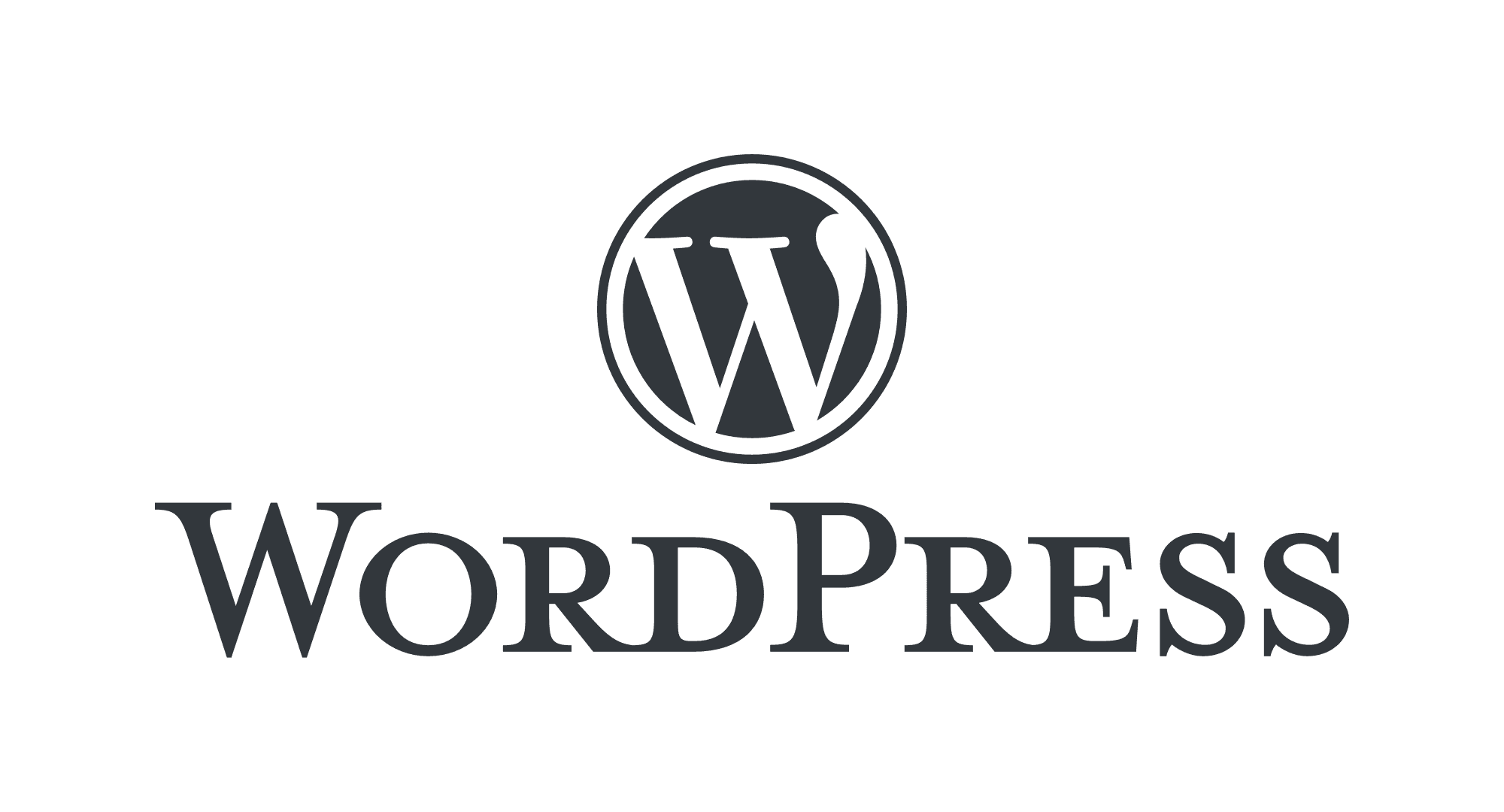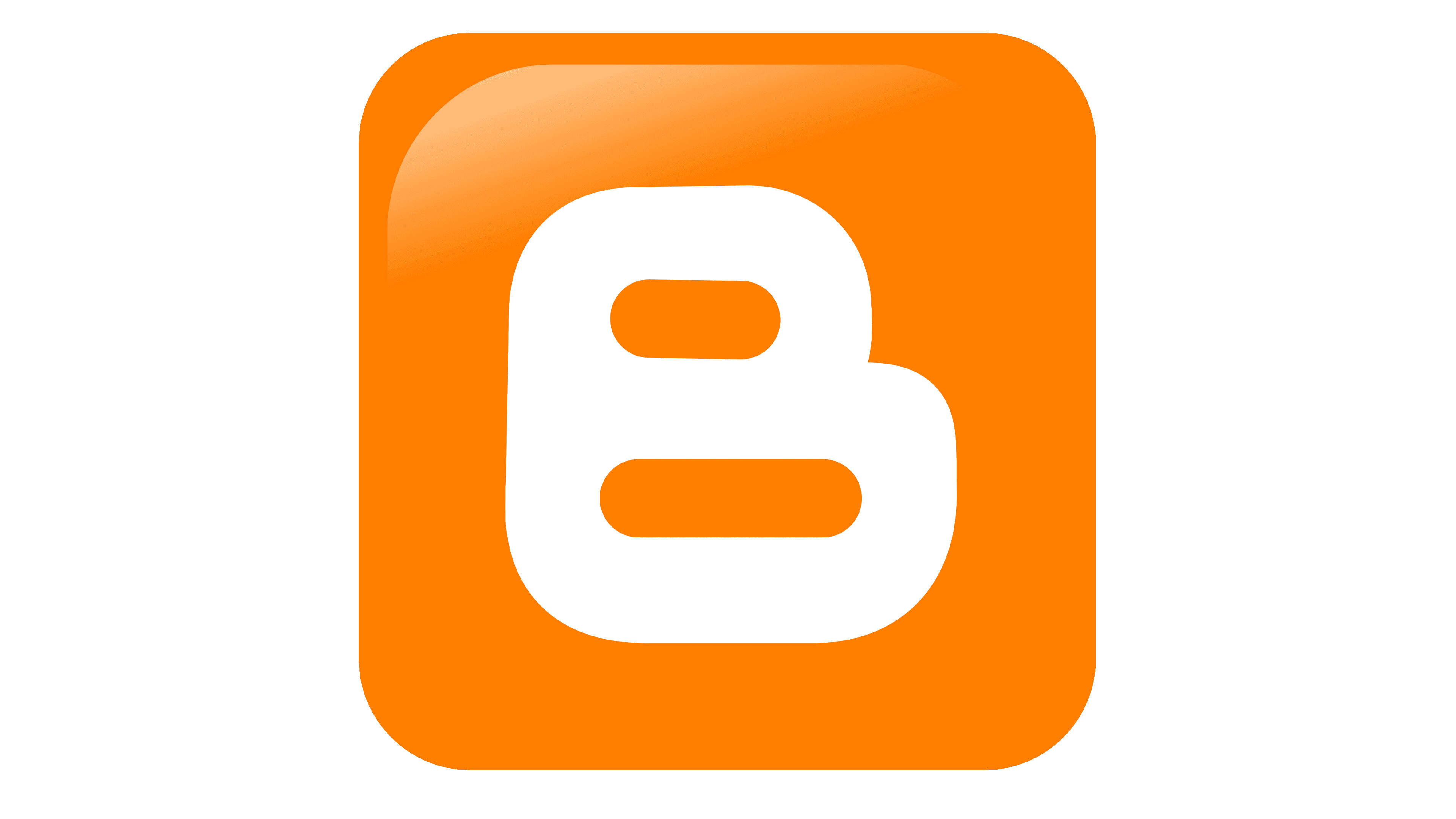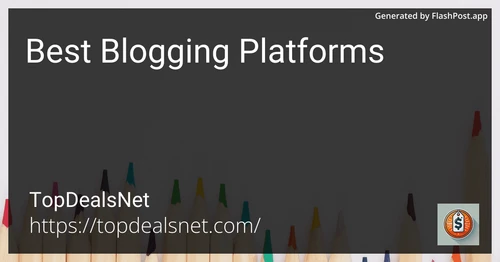Best Blogging Platforms in February 2026

WordPress
- Customizable Platform
- Thousands of Themes & Plugins
- Custom Domains & Full Hosting Options
- Advanced SEO Tools

BlogWeb
- Free to Use
- Customizable Themes
- Mobile-Optimized
- Free Custom Domain Support or Free Subdomain
- SEO-Ready Structure
- Free SSL Certificates

Blogger
- Free Hosting by Google
- Free Blogspot Subdomain
- Google Account Security
- Customizable Themes
- Simple Drag-and-Drop Interface

Tumblr
- Highly Customizable Themes
- Reblog Functionality
- Queue & Schedule Posts
- Private Posts & Password Protection

Substack
- Email List Ownership
- Podcast & Video Support
- Custom Domains
- Import from Other Platforms

Medium
- Built-In Audience
- High-Quality Community
- Publications Support
- No Technical Hassle
Blogging has become one of the most powerful tools for personal expression, professional development, and online business growth. But before you hit "publish" on your first post, one critical decision awaits: choosing the right blogging platform.
With countless options available, selecting the best blogging platform for your needs can feel overwhelming. Instead of rushing into popular choices, it’s essential to understand the core features, long-term goals, and technical requirements that align with your vision. This guide breaks down how to assess and select the best blogging platform-without pushing specific services.
What Makes a Blogging Platform the "Best"?
There is no one-size-fits-all answer. The best blogging platform is the one that matches your:
-
Goals – Are you blogging as a hobby, to build a personal brand, or to monetize?
-
Experience level – Are you a beginner looking for simplicity or a developer wanting full control?
-
Design needs – Do you need visual drag-and-drop tools, or do you prefer to customize everything through code?
-
Growth expectations – Will your blog evolve into a content hub or stay small and niche?
Let’s dive into the main factors to consider.
Ease of Use
If you're just starting out, user-friendliness is a top priority. Look for a platform that offers:
-
Intuitive dashboards
-
Built-in writing and editing tools
-
Easy media uploads and formatting
-
No-code customization options
A good platform should allow you to focus on writing, not wrestling with technical issues.
Design Flexibility and Customization
Your blog's appearance plays a huge role in reader engagement. Consider:
-
Are there pre-made themes or templates?
-
Can you modify layout, colors, and fonts?
-
Does the platform allow custom HTML, CSS, or JavaScript?
-
Creative control is especially important if you want to stand out or match a personal or brand aesthetic.
Scalability
A platform that works for a beginner might fall short as your blog grows. Think ahead:
-
Can you scale from a blog to a full website or content network?
-
Are there options to add features like eCommerce, email marketing, or memberships?
-
Does the platform offer solid performance under increased traffic?
-
Future-proofing your blog means fewer headaches later.
Ownership and Portability
This is where many bloggers get stuck. If you don't own your content or can't export it, you're locked in.
Ask yourself:
-
Do you have full ownership of your posts and media?
-
Can you back up or migrate your content easily?
-
Are there open standards or export options?
-
Platform independence ensures you control your own digital footprint.
Monetization Potential
Even if making money isn't your primary goal now, it's wise to consider:
-
Are ads, sponsorships, and affiliate links allowed?
-
Can you sell digital or physical products?
-
Does the platform support paywalls or subscriptions?
A flexible platform opens the door to revenue when you're ready.
SEO Capabilities
Search engine visibility is crucial for growing your audience. A good platform should support:
-
Clean, customizable URLs
-
Metadata control (title, description, tags)
-
Image alt attributes
-
Fast page load speeds
-
Mobile responsiveness
The foundation of organic traffic starts with a platform built for SEO.
Community and Support
No matter how tech-savvy you are, questions will come up. Look for signs of a healthy support ecosystem:
-
Active forums or communities
-
Clear documentation
-
Available tutorials or walkthroughs
-
Responsive customer support (even if you never use it)
Support is your safety net, especially when challenges arise.
Security and Maintenance
Cybersecurity is non-negotiable. Consider:
-
Does the platform offer SSL (HTTPS)?
-
How are updates handled?
-
Are backups automatic or manual?
-
What anti-spam and anti-hacking protections are built in?
A secure platform helps protect both your content and your visitors.
Final Thoughts
Choosing the best blogging platform isn’t about chasing trends - it’s about aligning your goals with the right tools. Whether you’re building a minimalist journal, a niche authority site, or a future online business, the right platform should support your vision, not limit it.
Evaluate your needs carefully, think long-term, and always prioritize control, scalability, and user experience. When you make a platform decision based on thoughtful planning - not hype - you set your blog up for lasting success.
